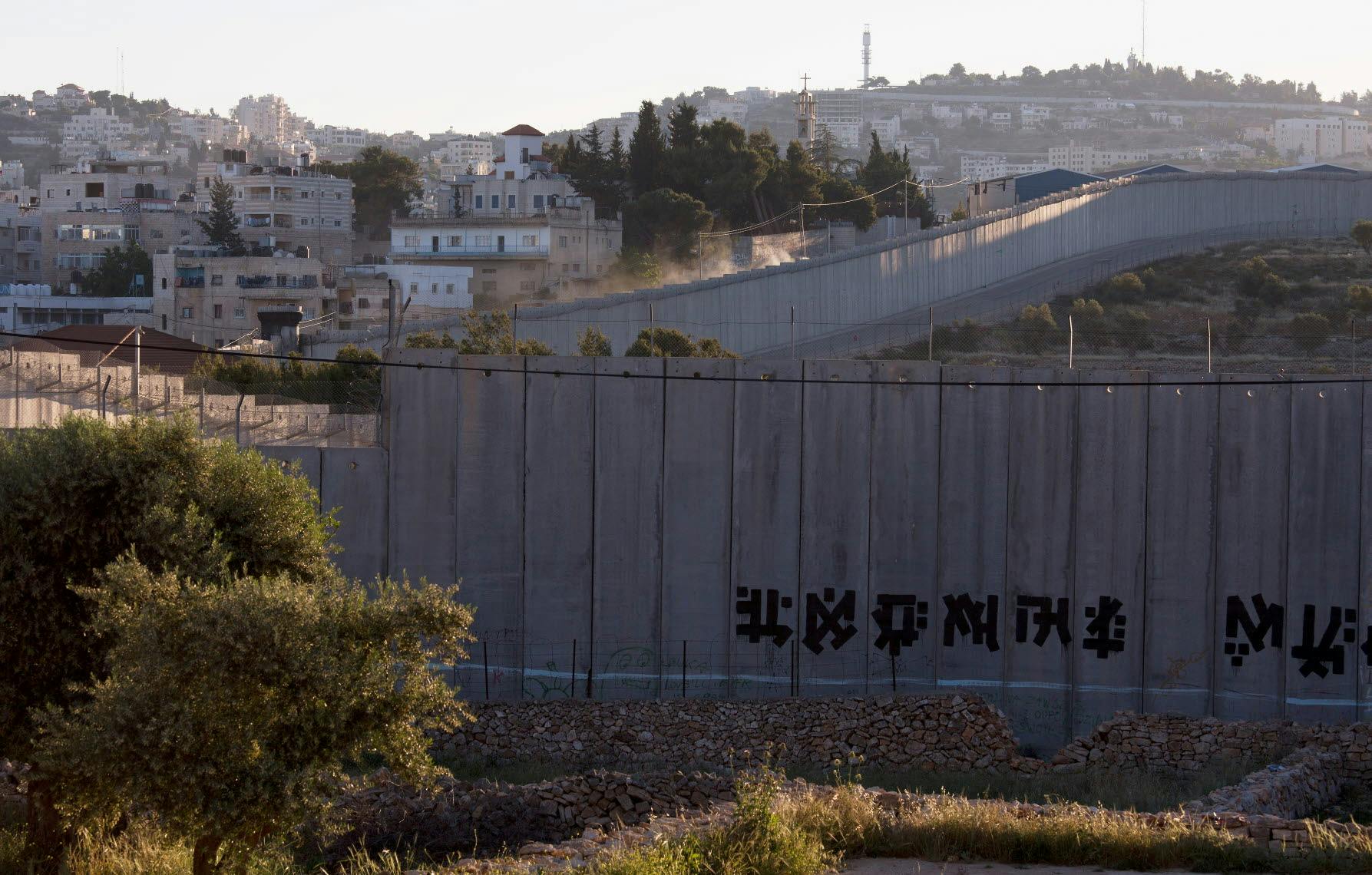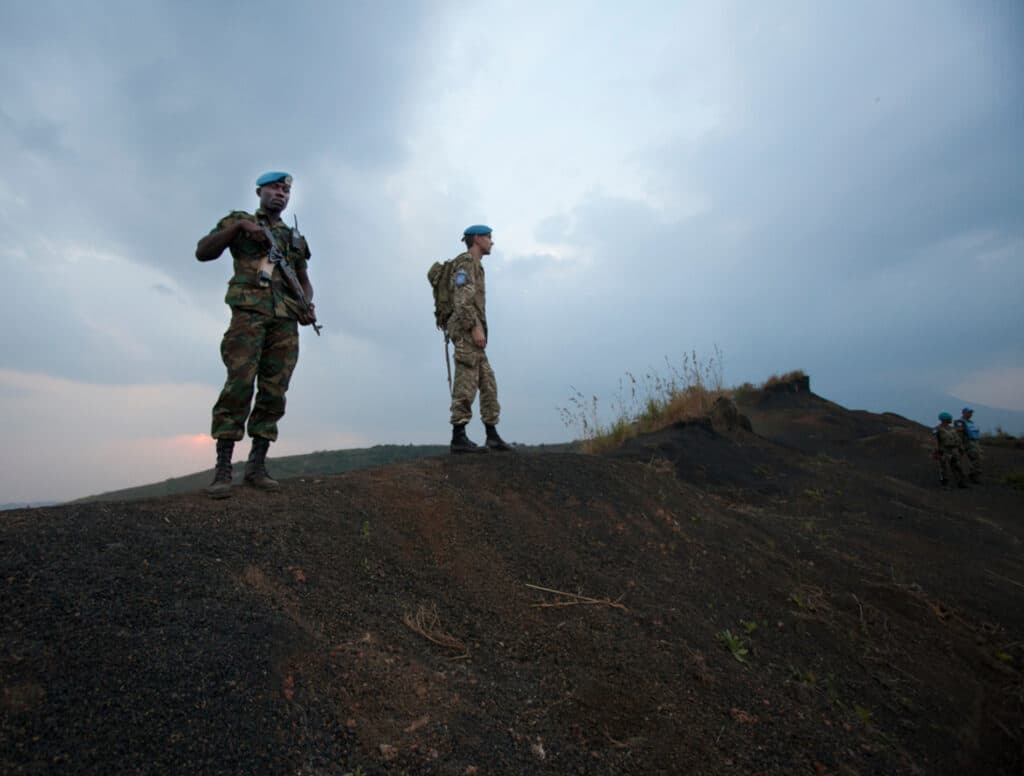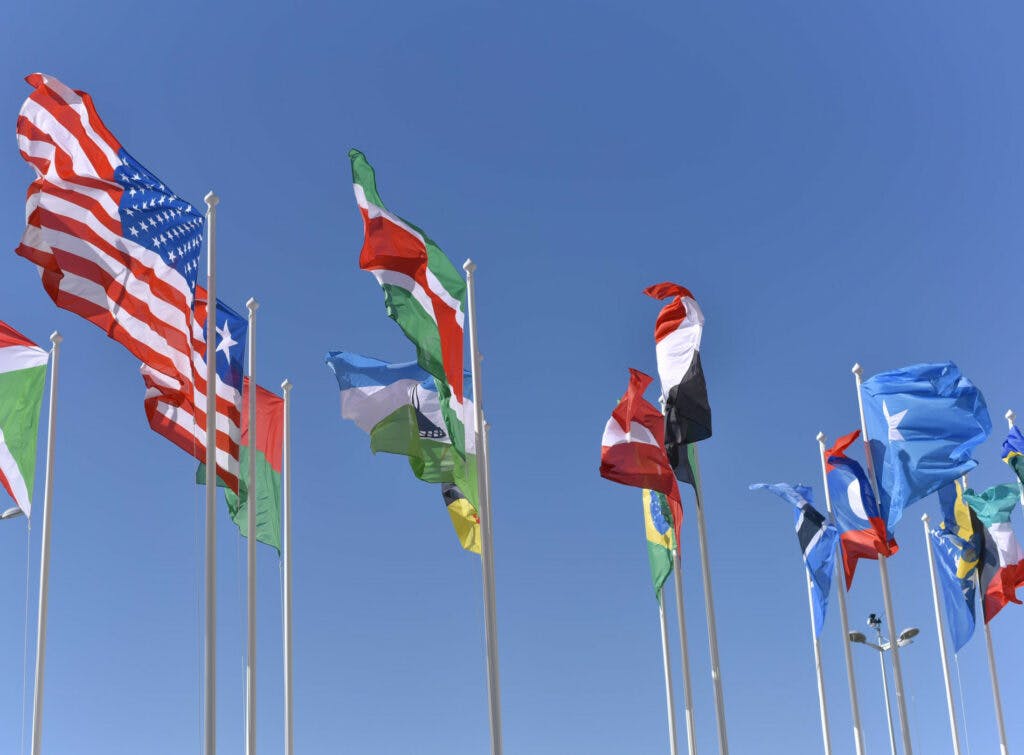
Occupation and IHL
The protection of persons living under occupation.
Under international humanitarian law, the rules relating to the law of occupation provide strong protections for persons living under occupation.
International humanitarian law (IHL) only applies to armed conflict, and the laws on occupation only apply to situations of occupation – a specific type of armed conflict.
Belligerent occupation
According to international law, occupation means a situation when, in during an international armed conflict, a territory, or parts thereof, comes under the effective provisional control of a foreign power, even if it is not met with armed resistance.
International law distinguishes provisional belligerent occupation from territorial acquisition by invasion and annexation, both of which are illegal under international law.
Once a territory is occupied, both the Hague Regulations and Geneva Conventions set out extensive obligations for an Occupying Power.
Occupation is deemed to be temporary and does not give the Occupying Power sovereignty. It is important to remember that the United Nations Charter strictly prohibits the acquisition of territory by force. IHL, in combination with international human rights law (IHRL), simply regulates a factual situation. Like any other type of armed conflict, IHL does not assess the legality of the occupation as such.
Temporary nature of occupation
A fundamental concept in IHL is that occupation is a temporary situation at the end of which control of the territory will return to the original sovereign. During this limited period, the occupant administers the territory on behalf of the sovereign. The status of the Occupying Power can therefore be compared to that of a trustee that is supposed to introduce as few changes (demographical, geographical, political) as possible, to preserve the status quo that existed at the beginning of the occupation.
The temporary nature of occupation is very different to the idea of annexation, which means the incorporation of the occupied territory into the territory of the Occupying Power.
The rationale behind occupation and its rules is to prevent measures that could lead to annexation, which is strictly forbidden under international law. The prohibition of annexation by use or threat of force stems from Art 2(4) of the UN Charter and it has been reiterated in the Declaration on Principles of International Law Concerning Friendly Relations and Cooperation among States.
For example, in response to Israel’s self-declared annexation of East Jerusalem, the UN Security Council affirmed that acquisition of territory by annexation is forbidden and that the Israeli law declaring East Jerusalem annexed is null and void. Similar considerations were voiced by the International Court of Justice (ICJ) in its Advisory Opinion on the Wall, which stated that the Wall built in the West Bank leads to permanent facts on the ground which can result in de facto annexation of territory.
The beginning of occupation
Due to the application of specific rules of IHL, it is important to know when the occupation starts and ends in order to apply the rules appropriately.
Once a state exercises effective control over a foreign territory, a key condition for an occupation has been met. Traditionally the presence of foreign forces is considered to be the way in which control over a foreign territory is established and exercised as it gives the Occupying Power the capability and obligation to administer the territory and its population. A foreign power may also exercise indirect overall control, for example by controlling local authorities, and would still be considered an Occupying Power for the purposes of IHL.
Further, it is not required that authority be exercised exclusively by the Occupying Power, as it may be shared by the occupant and the occupied. However, the Occupying Power must have the ultimate and overall responsibility for the occupied territory.
Belligerent occupation is non-consensual by nature, hence there will not be an occupation if the ‘occupied’ state consents to the presence of a foreign army.
The end of occupation
The criteria for the start of an occupation are very similar to its end. The absence of any hostile armed forces on the territory is a necessary precondition for establishing that an occupation had ended. However, if foreign forces continued to exert overall control over the foreign territory, the occupation would continue.
Consequently, occupation has ended when there is no effective military control over a territory, and the Occupying Power no longer performs the functions of a government, directly or indirectly.
The exercise of self-determination by the occupied population could be seen as an additional criterion for determining when an occupation ends, where the occupied territory is reintegrated with an existing state from which it has been forcefully separated; or effective power is returned to the rightful sovereign.
Occupying power and respect local law
The possibilities to amend or introduce new legislation in occupied territory by the occupant are limited and must conform to the following reasoning:
- restoring and maintaining public order and civil life and the functions of orderly government;
- the genuine security of the (forces of the) Occupying Power;
- the ability of the occupant to fulfil its IHL and IHRL obligations;
- the enhancement of civil life and the wellbeing of the protected population during prolonged occupation.
Rights and duties of the Occupying Power and the protected population
Occupation is provisional in character and does not award the Occupying Power sovereignty over the occupied territory. Therefore, one should be careful not to make false comparisons between the rights of a state sovereign and an Occupying Power.
Article 43 of the Hague Regulations and Article 64 of the Fourth Geneva Convention define and delimit the general nature of an Occupying Power’s authority in occupied territory. Namely that:
The Occupying Power is under an obligation to restore and ensure, as far as possible, public order and safety while respecting, unless absolutely prevented, the domestic laws in force in the occupied territory;
Moreover, the occupant is to administer the occupied territory for the benefit of the local population while ensuring the security of its own armed forces. Human rights law, simultaneously and extraterritorially applicable, should guide the Occupying Power in exercising obligations not limited to the minimum defined by IHL, but also encompassing the complementary rights and privileges codified by human rights treaties.
In addition to these general rules there are other specific obligations and prohibitions, namely:
- the obligation to provide for the basic needs of protected population;
- the obligation to facilitate humanitarian aid by third actors;
- the strict prohibition on transferring the own population into the occupied territory;
- the strict prohibition on forcible transfer of the protected population, while allowing for temporary evacuation for military operations;
- the obligation to respect private property;
- the destruction of property is prohibited except where rendered absolutely necessary for military operations.
Key provisions of the law of occupation
Convention (IV) respecting the Laws and Customs of War on Land and its annex: Regulations concerning the Laws and Customs of War on Land. The Hague, 18 October 1907, Article 42: Territory is considered occupied when it is actually placed under the authority of the hostile army. The occupation extends only to the territory where such authority has been established and can be exercised.
Convention (IV) relative to the Protection of Civilian Persons in Time of War. Geneva, 12 August 1949, Article 2, Article 6: The Convention shall also apply to all cases of partial or total occupation of the territory of a High Contracting Party, even if the said occupation meets with no armed resistance. Although one of the Powers in conflict may not be a party to the present Convention, the Powers who are parties thereto shall remain bound by it in their mutual relations […] the present Convention shall apply from the outset of any conflict or occupation mentioned in Article 2.
Regulations concerning the Laws and Customs of War on Land. The Hague, 18 October 1907, Article 43: The authority of the legitimate power having in fact passed into the hands of the occupant, the latter shall take all the measures in his power to restore, and ensure, as far as possible, public order and safety, while respecting, unless absolutely prevented, the laws in force in the country.
Convention (IV) relative to the Protection of Civilian Persons in Time of War. Geneva, 12 August 1949, Article 2, Article 64: The penal laws of the occupied territory shall remain in force, with the exception that they may be repealed or suspended by the Occupying Power in cases where they constitute a threat to its security or an obstacle to the application of the present Convention.
Human rights in situations of occupation
Human rights law is also of importance in situations of occupation and often a relevant – while not exclusive – legal framework. Its application to occupied territory has been affirmed in many instances, including by the International Court of Justice and United Nations Treaty Bodies.



